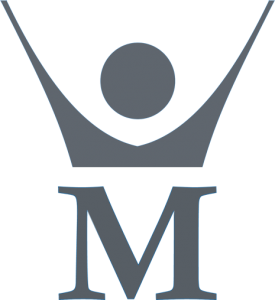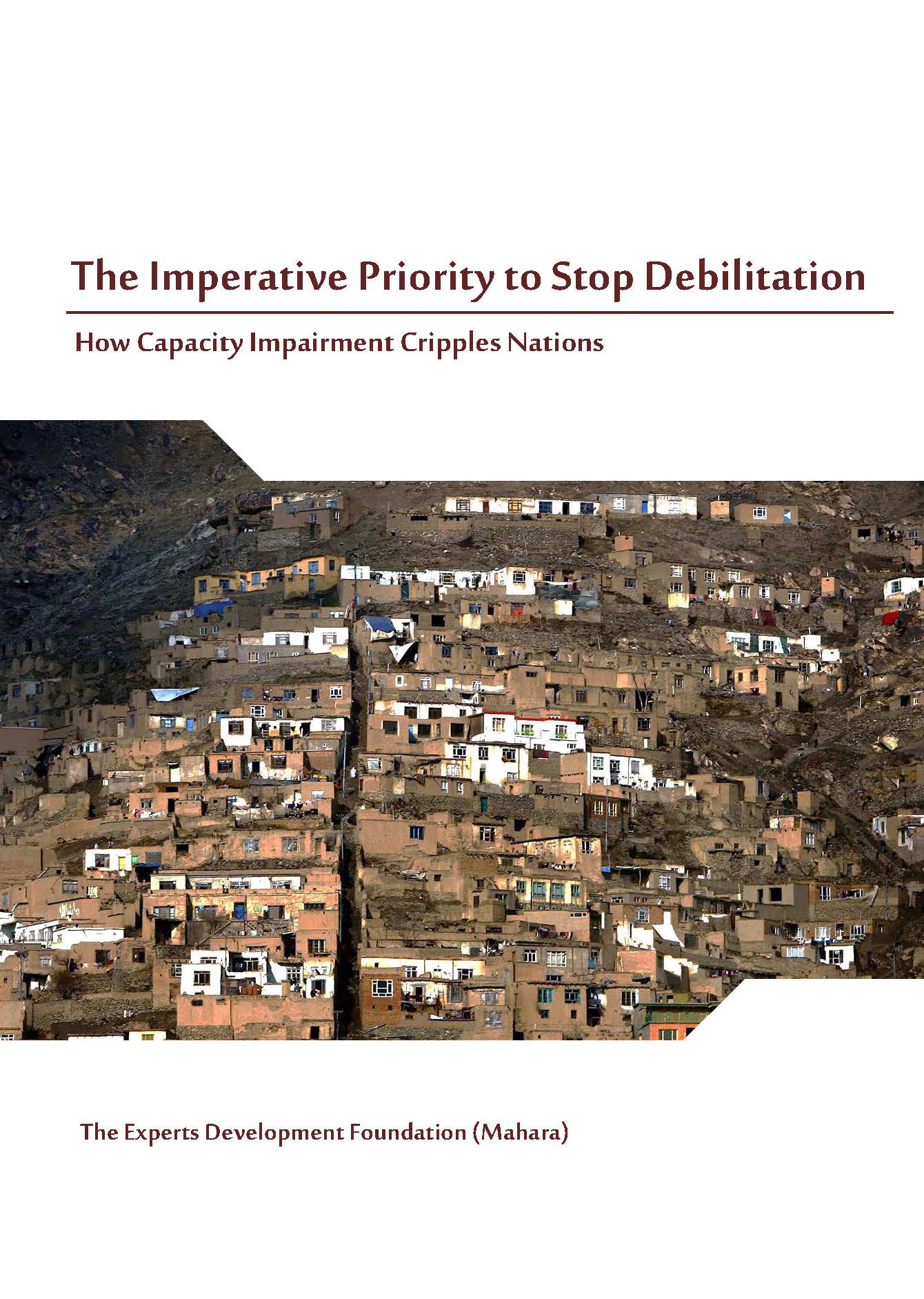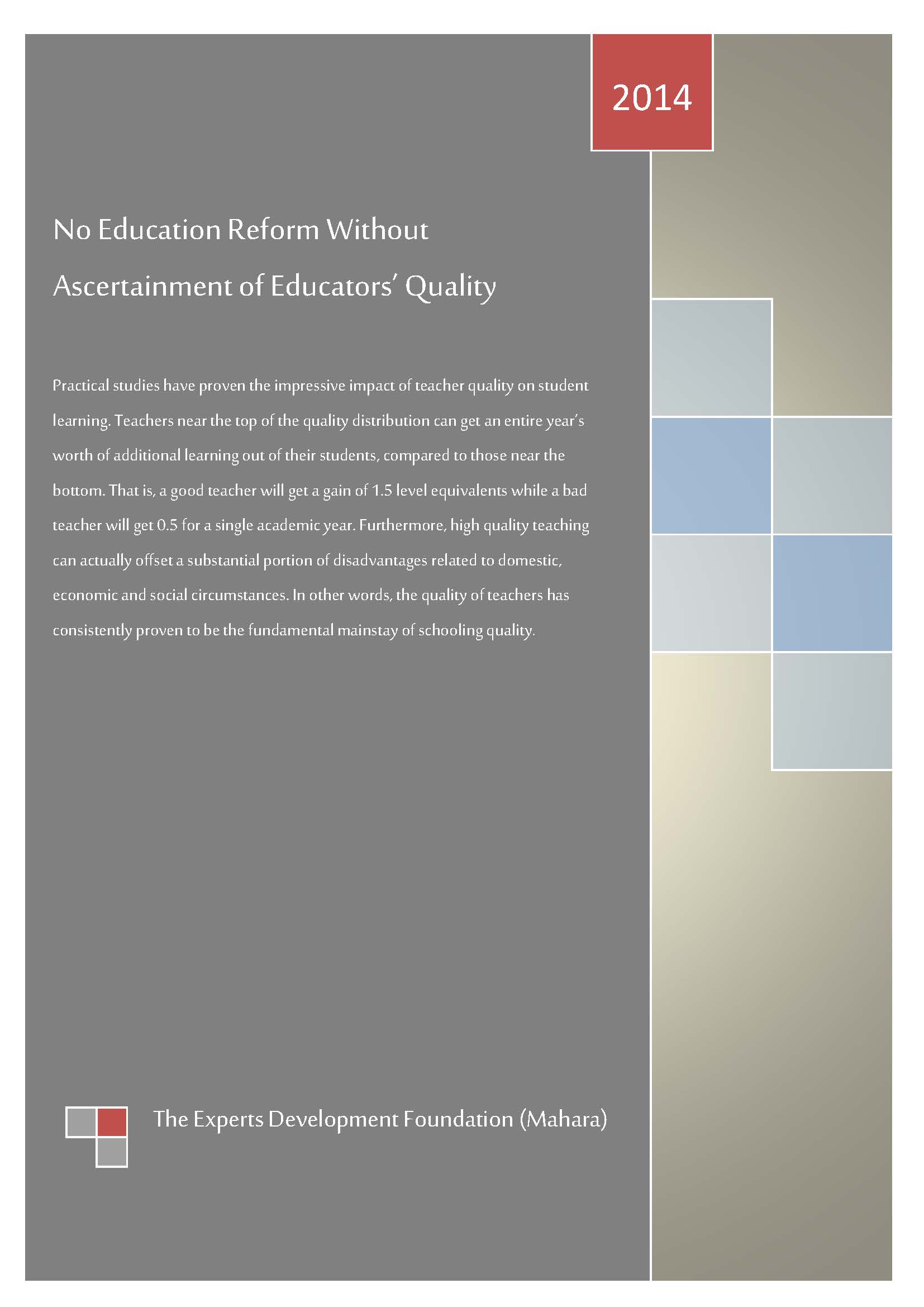
The Experts Development Foundation
Mahara is an independent, not for profit, human development organisation based in the UK. It was founded and is run by experts from a spectrum of professional specialities. It aims to help communities in developing nations to advance their levels of performance in areas that are pivotal to development; namely education, civil administration and the health sector.
At Mahara we believe that the best form of aid is to help people acquire enhanced skills, and to work to high professional standards; enabling them to contribute in a more balanced way towards true sustainable development, which is felt across society.
Mahara Foundation’s area of focus is the provision of programmes, which aim to edify and educate individuals in how to increase their capacity, improve their performance and reinforce the developmental impact of their occupational role.
Our Outlook
At Mahara we believe that the real power of human societies lies more in their intellectual and institutional capabilities than in their hard assets, such as raw materials, plant and products. These aptitudes are embodied in the cognitive and non-cognitive skills of individuals, which are collectively known as human capital.
In lopsided development, societies fail to acquire and/or maintain the necessary conditions for nurturing and protecting the constructive capabilities of individuals; causing atrophy, impairment, or suppression. More seriously, the protraction of lopsided development for extended periods of time debilitates the collective capacity of individuals, and accelerates the deterioration of human capital in society. Debilitation not only supresses or impairs constructive capabilities but it also nurtures obstructive ones, which then sustain lopsided development as part of a vicious circle. In such critical situations there ought to be an “imperative priority to stop debilitation” in order to begin the restoration of the collective capabilities of individuals’ in society.
Read More
How Capacity Impairment Cripples Nations
In an increasingly globalised world nations can no longer remain insulated from competition or comparison. A growing body of evidence has shown that countries often referred to as ‘developing’ are in fact debilitating both economically, socially and intellectually. Despite troubling other parts of the world, debilitation is particularly pronounced in the Middle East and North Africa (MENA), where the chasm between the region and the world’s advanced economies continues to widen. The underlying cause of this debilitation has been a protracted capacity impairment epidemic, which has diminished the capabilities of generations in the region. The only way to reverse this trend is via a carefully orchestrated capacity regainment process, aiming to emancipate individuals by empowering them with the tools necessary to freely advance their capacity. If education is fundamentally restructured to build and develop a balance of cognitive to non-cognitive skills rather mere formal certification, it could provide a reasonable place to begin this process. In the absence of a fundamental review however of the tenets and systems which have supported, favoured or ignored the capacity impairment epidemic, neither education nor anything else is likely to correct the tailspin.
Our Programmes
The Experts Development Foundation offers holistic remedial programmes for developing the skills and raising the performance of professionals in areas pivotal to development. These programmes are specially designed to address the disparities between advanced global standards of performance, and some of the behaviours common in less developed economies.
The Foundation has a number of programmes providing advanced training and knowledge transfer, each pursuing a holistic approach to developing skills. These programmes are carefully tailored to tackle knowledge and skill deficiencies that hinder individuals from reaching their full potential. We offer these programmes as a contribution to combating human capital challenges in less developed economies.
The Educators Empowerment Programme
A Participatory Environment
The well-being and prosperity of societies is essentially dependent upon their human capital, which is embodied in the cognitive and non-cognitive capabilities of individuals. The implementation of egalitarian values in advanced economies has made their education systems enabling mechanisms, which provide individuals with equal opportunities to acquire valuable credentials independent of their beliefs, socio-economic backgrounds, or political orientations. On the contrary, in less-developed economies, this mechanism becomes impaired to differing degrees; which can cause debilitation of the collective capabilities of individuals’ and pauperization of the society’s human capital.
At Mahara, we believe that in lopsided development situations, education; as a structured enabling system, may represent a reasonable place to begin stopping capability debilitation, and improving the prospects of future generations. The education system, in modern societies, is supposed to equip individuals with knowledge and skills, that allow them to take part in social, economic, and political life; which also help them think logically and find innovative solutions to life challenges.
We also believe that reforming education systems, to take over such crucial task, firstly necessitates the “ascertainment of educators’ quality”. This is because, over decades, a large body of evidence from specialised studies and practical experiences, in many countries, has confirmed that the efficiency of education systems is primarily dependent upon the quality of educators, and not necessarily the level of expenditure on schooling infra-structure.
As a contribution to education reform efforts, The Experts Development Foundation has chosen the Middle East and North Africa to launch a holistic training programme. This programme is designed to empower educators in the pre-university schooling sector with the necessary skills to raise human capital, via education. To meet this target, Mahara Foundation experts formulated a system of advanced performance standards for educators termed the “Occupational Competency Standards for Educators in Schools [OCSES]”.
This system follows advanced international performance standards and selects the relevant indicators for evaluating the practical capabilities of educators in implementing the OCSES; whilst considering the circumstances of the region. Mahara experts also designed a holistic remedial programme to train educators in the implementation of the OCSES. This programme is termed the “Educators Empowerment Programme”.
Read More
Occupational Competency Standards for Educators in Schools
Mahara Foundation experts developed a comprehensive set of 18 measures to assess the quality of educators in schools. These standards incorporate a series of key performance indicators which represent an inclusive system of evaluation, against which educators’ professional conduct can be assessed. These standards form a core part of the “Educators Empowerment Programme” which Mahara offers.
Evaluating Performance : Empowering Educators
Performance Indicators:
1.1 Understands the principle laws and regulations governing educational performance at his/her professional association.
1.2 Knows and utilizes the appropriate occupational procedures to safeguard his/her professional rights.
1.3 Understands and upholds the laws and guidelines safeguarding a sound learning environment.
1.4 Masters crisis management via the relevant laws and guidelines.
1.5 Deals with the shortcomings of the educational environment within the law and according to appropriate administrative procedures.
1.6 Communicates with students according to the appropriate legal, administrative and professional standards.
1.7 Excels in striking the right balance between rigidity and leniency in applying rules within the educational environment.
1.8 Measures his/her occupational conduct according to the relevant laws and professional standards.
Performance Indicators:
2.1 Understands the obstacles of bureaucracy within the educational environment.
2.2 Overcomes bureaucratic obstacles using legal and administrative flexibility.
2.3 Implements realistic solutions to alleviate complications arising from bureaucracy.
2.4 Uses practical plans for evading bureaucratic obstacles.
2.5 Stands up against unprofessional conduct that exploits legal and regulatory loopholes.
Performance Indicators:
3.1 Is committed to ethical values and occupational competency standards.
3.2 Sets an example in his/her appearance, behavior and dealings with others inside and outside of the school community.
3.3 Observes professional and ethical responsibility in separating private matters from occupational obligations.
3.4 Controls his/her emotions and channels them to serve the educational mission.
3.5 Protects students against psychological anxiety and physical harm.
3.6 Maintains credibility and impartiality in evaluating students
3.7 Presides over emergencies and difficult situations with professional and objective comportment that leads to practical solutions.
3.8 Implements reward and discipline measures as appropriate, within the law and according to the occupational competency standards.
3.9 Upholds occupational competency standards notwithstanding career advancement pressures.
3.10 Collaborates with colleagues within the law and according to the occupational competency standards.
3.11 Contributes to constructive community activities within the law and according to the occupational competency standards.
Performance Indicators:
4.1 Continuously updates his/her pedagogical and subject specific knowledge.
4.2 Regularly participates in occupational training courses.
4.3 Connects his/her educational role with current priorities and challenges in the community.
4.4 Collaborates with colleagues in organizing valuable occupational activities.
4.5 Trains students to participate positively in community activities.
Performance Indicators:
5.1 Understands safety legislation and school maintenance.
5.2 Excels in conducting school safety assessment procedures and problem management measures.
5.3 Ensures that students are committed to safety guidelines and school maintenance regulations.
5.4 Masters crisis and emergency management; e.g. panic, injuries, stampede, riot, and/or fire.
5.5 Collaborates with colleagues in implementing safety rules and school maintenance measures.
Performance Indicators:
6.1 Is highly competent at lesson planning and covers all lesson elements.
6.2 Clarifies learning outcomes at the beginning of the lesson plan.
6.3 Introduces the lesson in an attractive and entertaining style.
6.4 Uses multiple modalities for executing the lesson to suit the individual differences between students.
6.5 Elects teaching methods appropriate for achieving the learning outcomes.
6.6 Selects the educational technology most appropriate for achieving the learning outcomes, and most suitable for the level of the students and the learning environment.
6.7 Uses multiple study activities suitable for students and appropriate for achieving the learning outcomes.
6.8 Uses different appraisal methods to assess the extent the learning outcomes have been achieved.
6.9 Implements appraisal throughout the lesson.
6.10 Ensures fulfilment of each learning outcome before moving onto the next.
6.11 Concludes the lesson in different ways to fit individual differences between students.
6.12 Diversifies homework to match learning outcomes and the levels of the students.
6.13 Maintains regular checks on homework to protect its significance.
Performance Indicators:
7.1 Differentiates between the different levels of thinking.
7.2 Distinguishes between the different types of thinking skills.
7.3 Understands what is meant by high-order thinking skills.
7.4 Organizes lesson content according to the different levels of thinking.
7.5 Elects teaching methods known to help develop high-order thinking skills.
7.6 Selects multimedia that helps develop high-order thinking skills.
7.7 Combines developed levels of understanding with higher levels of thinking during the teaching process.
7.8 Articulates lesson content in accordance with the high-order thinking skills meant to be developed.
7.9 Links learning outcomes with the high-order thinking skills.
7.10 Designs assessment models for measuring and developing high-order thinking skills.
Performance Indicators:
8.1 Understands what is meant by non-cognitive skills.
8.2 Recognizes students’ innate talents.
8.3 Directs school activities towards building non-cognitive skills.
8.4 Adjusts teaching approaches towards developing non-cognitive skills.
8.5 Develops empirical assessments for measuring non-cognitive abilities.
Performance Indicators:
9.1 Identifies learning difficulties amongst students using a variety of methods: (observation, dyslexic test/scale, thinking evaluations, case observation forms, etc.).
9.2 Distinguishes the different forms of learning difficulties that students may suffer from in his/her subject.
9.3 Classifies students according to the learning difficulties they suffer from.
9.4 Adapts lessons from the curriculum to match students’ learning difficulties.
9.5 Utilizes the teaching methods best suited to students and the learning difficulties they may suffer from.
9.6 Utilizes the educational technologies appropriate for students, especially those likely to alleviate the learning difficulties they may have.
9.7 Utilizes evaluation measures suitable for individual students with learning difficulties.
9.8 Follows the approved professional procedures in assisting students with learning difficulties according to their social, psychological, and economic circumstances.
9.9 Liaises effectively with all parties concerned regarding students with learning difficulties.
Performance Indicators:
10.1 Understands how to accurately differentiate between special needs students and those with learning difficulties.
10.2 Masters classifying special needs students according to the international classification of impairments, disabilities and handicaps (ICIDH).
10.3 Understands the nature and requirements of special needs students and knows how to assist them.
10.4 Utilizes teaching methods appropriate for students with special needs.
10.5 Utilizes educational technologies most appropriate for the specific requirements of special needs students.
10.6 Balances the common characteristics of special needs students against their individual differences and requirements.
10.7 Prepares and utilizes various standard evaluation forms suitable for special needs students.
10.8 Regularly evaluates the curriculum and adjusts it to match special needs students.
Performance Indicators:
11.1 Understands how to accurately differentiate between gifted and talented students.
11.2 Masters the application of standardized measures used in discovering talent.
11.3 Is competent in classifying gifted and talented students according to their abilities.
11.4 Adopts an efficient educational approach suitable for gifted and talented students.
11.5 Elects teaching methods and educational activities suitable for different groups of gifted and talented students.
11.6 Prepares exams with the appropriate criteria to match the needs of gifted and talented students.
11.7 Masters the use of incentive approaches that effectively encourage gifted and talented students.
11.8 Grasps how best to develop the ethical values that help gifted and talented students to interact properly with peers and proactively with society.
Performance Indicators:
12.1 Maintains a good level of preparation for all lessons.
12.2 Adjusts lesson plans to suit class duration.
12.3 Institutes a good working relationship with and amongst the students.
12.4 Behaves with confidence and treats all students with respect.
12.5 Maintains calm and composure even in challenging situations.
12.6 Maintains appropriate vocal variety to match the educational circumstances.
12.7 Recognizes students’ emotional differences and channels them towards efficient classroom management.
12.8 Utilizes mental and kinaesthetic activities to release students’ excess energy.
12.9 Imparts principles of freedom, responsibility, respect, and good dispute management to students.
12.10 Instils democratic comportment into his/her pedagogical conduct.
12.11 Involves students in classroom management schemes.
12.12 Affirms and objectively implements reward/discipline schemes within the law and according to the occupational competency standards.
12.13 Adopts a gradual reward/discipline approach.
12.14 Avoids sending students outside of the classroom as a disciplinary action.
12.15 Refrains from any behaviour that might stain his/her role model status or compromise students’ trust.
12.16 Collaborates with social and psychological specialists in schools, when present.
Performance Indicators:
13.1 Understands the variables governing time management within the educational environment.
13.2 Manages time according to lesson objectives and the levels of students.
13.3 Takes into consideration students’ circumstances influencing the learning environment.
13.4 Adjusts the time management plan to match student’s behaviour.
13.5 Develops time management skills amongst students.
13.6 Balances strict time management against malleability required for achieving objectives.
13.7 Measures his/her ability to manage time.
Performance Indicators:
14.1 Identifies and validates the appropriate learning resources for the curriculum; according to the occupational competency standards.
14.2 Uses a variety learning resources including hard copy prints, digital resources, etc.
14.3 Utilizes assets and resources from the local environment in the learning process.
14.4 Maintains continuous communication with specialists and experts for consultation, and in order to obtain updated information resources.
14.5 Directs students to where they can find learning resources suitable for the lessons.
14.6 Encourages students to search for a variety of new learning resources, using the World Wide Web, local libraries, etc.
14.7 Trains students to compare and contrast between different educational resources.
14.8 Involves students in selecting appropriate learning resources.
14.9 Uses resources that develop students’ independent-learning skills.
14.10 Directs students to think of new educational methods effective in achieving lesson objectives.
Performance Indicators:
15.1 Selects the appropriate educational technology to achieve the lesson’s learning outcomes.
15.2 Uses available teaching technologies in preparing educational resources appropriate for the curriculum.
15.3 Involves students in selecting suitable educational technology and developing it if necessary.
15.4 Diversifies education technologies used (visual, auditory, kinaesthetic) to what suits the students and the nature of the lesson.
15.5 Ensures the use of educational technology is at the appropriate time during the lesson.
Performance Indicators:
16.1 Detects deficiencies that may exist in curricula.
16.2 Classifies curriculum deficiencies – if any – and identifies their causes.
16.3 Adjusts curriculum deficiencies – if any – according to educational standards, and the level of the students.
16.4 Involves students in adjusting curriculum deficiencies if present.
16.5 Reports to educational authorities major curriculum amendments that require higher levels of approval.
Performance Indicators:
17.1 Applies several types of assessment.
17.2 Adopts comprehensive assessment not limited to the cognitive dimension alone but also covering the different aspects of learning behaviour.
17.3 Implements assessment throughout the lesson from beginning to end.
17.4 Prepares individual portfolio folders for each student to record his/her daily performance in a quantitative and qualitative manner.
17.5 Utilizes the portfolio folder to register student’s difficulties and actions taken to alleviate them.
17.6 Uses statistical means to present students’ assessment results in simple, meaningful forms.
17.7 Prepares formative and summative reports for individuals and groups to explain their assessment results.
17.8 Regularly reports students’ formative and summative assessments to their parents or legal guardians.
Performance Indicators:
18.1 Links tests with learning outcomes.
18.2 Ensures suitability of tests to measure students’ different levels of comprehension.
18.3 Prepares test rubrics to reveal the relative weight of each of the skills measured by the test.
18.4 Verifies the accuracy of tests by means of test rubrics.
18.5 Diversifies the forms of testing and the styles of questions.
18.6 Measures the quality of the test through mock examinations prior to real testing.
18.7 Masters the skills for preparing different exam types (clarity and fidelity in vocabulary and instructions, as well as the distribution of grades on questions and their elements).
18.8 Emphasizes the vital role of exams in the learning and evaluation processes by training students on various styles of questions and different exercises throughout the academic year.
18.9 Diversifies exam styles (essay based, objective based, project, practical, short, long, without notice, planned, etc.).
Practical studies have proven the impressive impact of teachers’ quality on student learning. Teachers near the top of the quality distribution can get an entire year’s worth of additional learning out of their students, compared to those near the bottom. That is, a good teacher will get a gain of 1.5 level equivalents while a bad teacher will get 0.5 for a single academic year. Furthermore, high quality teaching can actually offset a substantial portion of disadvantages related to domestic, economic and social circumstances. In other words, the quality of teachers has consistently proven to be the fundamental mainstay of schooling quality.
The Educators Empowerment Programme
We Invest In People
































